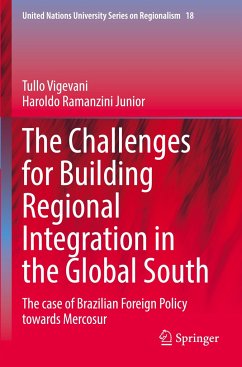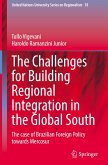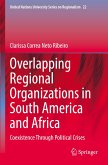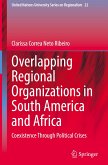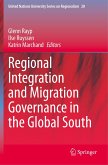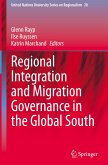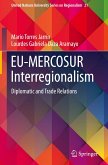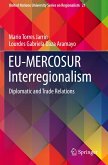This book analyzes regional integration in South America with a focus on the Mercosur and Brazilian foreign policy from the 1990s. It reviews the history of the Mercosur and identifies the results achieved by the bloc, as well as the causes of difficulties and the reasons for stalemates over nearly 30 years of its existence. The authors identify the complex interrelation between domestic and foreign factors that have shaped Brazilian foreign policy. From 1991 onwards, relations between Latin American countries have changed while the Mercosur developed from a free trade area to a customs union. While intrabloc trade grew, there were huge difficulties in the form of regional institutional affirmation and cooperation. This history is of the utmost importance to understanding regionalism and politics in Latin America. The book therefore has two interrelated analytical dimensions: namely, focus on ideas and identity; and behavior, actions, and economic and political interests. Thisvery topical book is of interest for researchers and students of Brazilian foreign policy and those of Latin American and/or Mercosur countries. Particularly, readers interested in regionalism will find important theoretical and empirical elements in this book, as well as discussions necessary for comprehending the role of big, emerging countries, and the potential and limits to their international role.
Bitte wählen Sie Ihr Anliegen aus.
Rechnungen
Retourenschein anfordern
Bestellstatus
Storno

